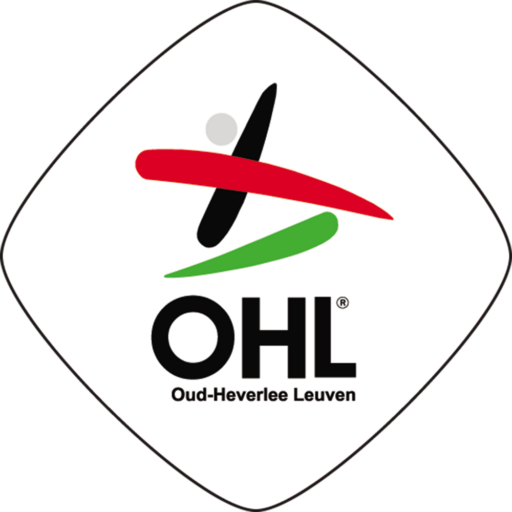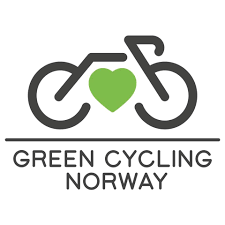No entries match your request.
Event management
Playbook
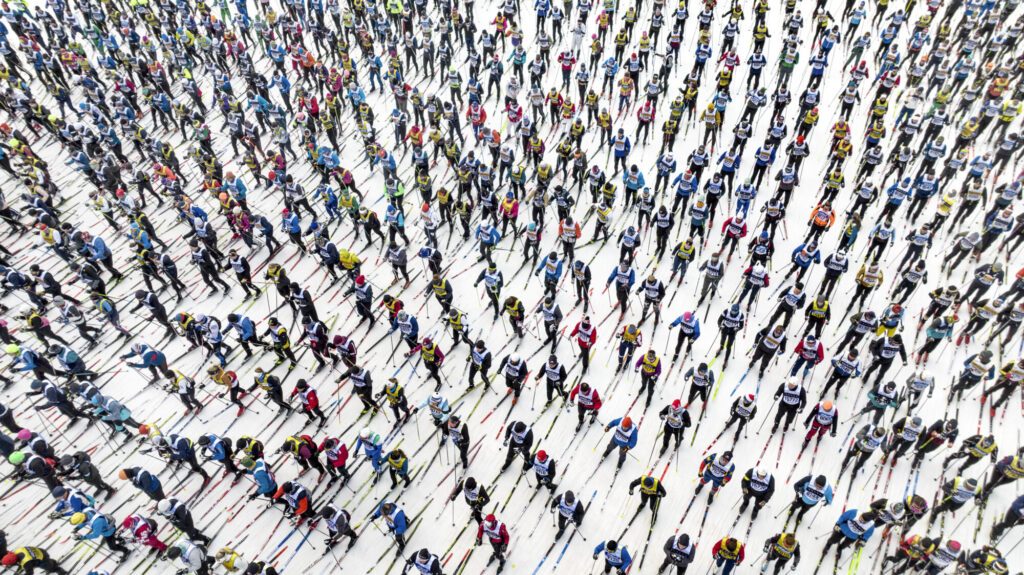
The Ski World Championships (Ski-VM) aims to organize the world’s most sustainable sports event in 2025 (advanced)
The Ski World Championships (Ski-VM) aims to organize the world’s most sustainable sports event in 2025. To achieve this, they have identified some flagship projects that they want to implement and develop in collaboration with businesses and various knowledge environments.
Read more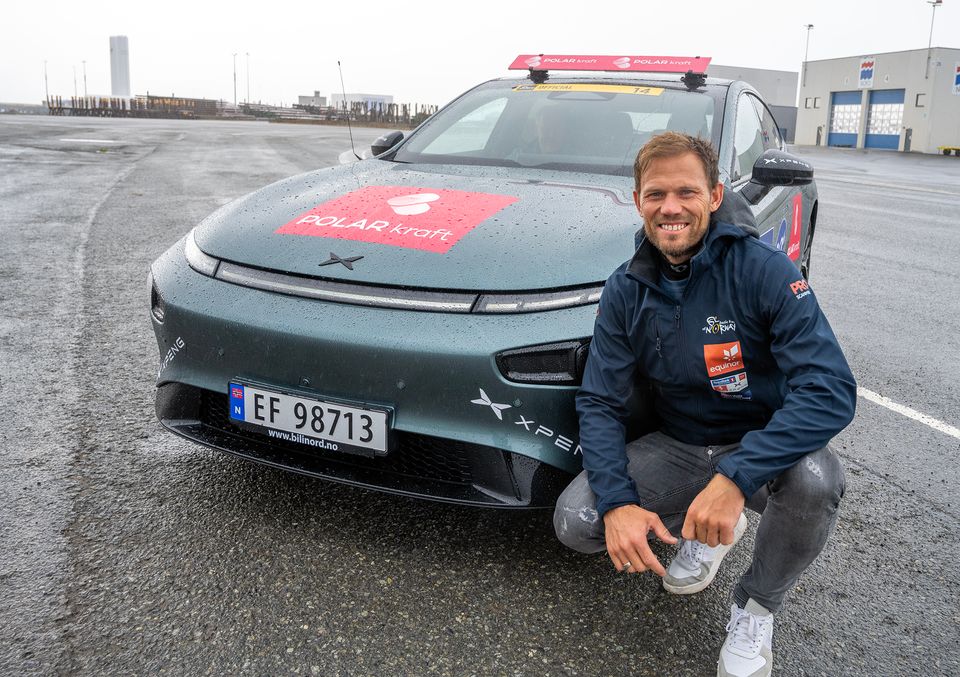
129 electric cars enable the world’s first bicycle race with fully electric support vehicles during the Arctic Race of Norway (advanced)
Reduce emissions by support vehicles following a World Tour bike race by changing the car fleet to electric vehicles
Read more
Youth for Sustainable Development – ENGSO Youth good practices (frontrunner)
Initiate a sustainable change within their communities through organizing sport events (such as competitions, forums, open days, workshops and other.
Read more
Sport for Sustainable Development – ENGSO Youth good practices (progressing)
The project was a collaboration between 5 partners from 3 continents: Europe, Africa and Asia: ENGSO Youth as the coordinator, Hungarian University of Physical Education, Sport and Citizenship, National Olympic Committee of Senegal and Kokushikan University of Japan.
Read more
ZERO WASTE EVENT: PARTICIPANTS RULES – FRANCE (beginner)
To create a zero-waste, zero-waste event, the “waste” issue must be taken into account upstream, when organising the event, and downstream, by allowing waste to be sorted and recycled. However, despite the best efforts of the organisers, there remains one major adjustment variable: the habits and behaviour of the participants during the event.
The aim of this short guide is to provide practical suggestions for any participant wishing to reduce the impact of their event, whether or not it has been planned as a zero-waste event. Don’t hesitate to take inspiration from this non-exhaustive list!
Read more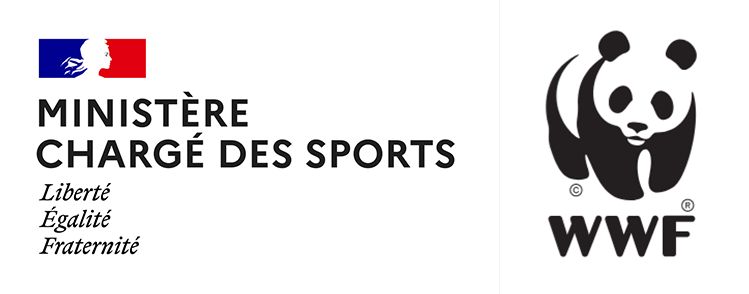
15 ENGAGEMENTS CHARTER FOR EVENT ORGANISERS – FRANCE (advanced)
The purpose of the Charter is to engage and legally bind event organisers to follow sustainable rules in order to reach ambitious sustainability goals on the eve of Paris Olympic Games 2024.
Read more
CLEAN WIN: SUSTAINABLE SPORTS EVENTS – SLOVENIA (advanced)
The overall project aim was to identify and promote good practices and activities for organisers, local communities and individuals for more sustainable sports events. Sustainable practices in the organization of sporting events contribute to climate change reduction, biodiversity conservation, sustainable mobility, local production and consumption, energy efficiency, protection of natural resources and protected areas, efficient water use, preservation of natural and cultural heritage, waste reduction, better health, community involvement and support and greater business competitiveness.
Read more
EUROPEAN UNIVERSITIES GAMES COIMBRA 2018 – PORTUGAL (advanced)
During the multisport event European Universities Games Coimbra 2018, local organisers were encouraged to also pay attention on sustainability and introduce elements and activities in this field.
Read more
GREEN RUGBY TRY – HUNGARY (progressing)
The National Rugby Federation of Hungary has implemented initiatives in favour of green transportation and mobility during the organisation of the 2021 Men & Women Trophy Tournament. This event was also the perfect occasion to deploy sustainable measures to reduce plastic pollution and waste.
Read more
ENVIRONMENTAL IMPACT MEASURES GUIDE – SPAIN (frontrunner)
Establishes a series of measures that guide Trail event organizers Running to carry out risk prevention, protection and minimization actions that this type of competition can generate in the environment. Establishes control and monitoring measures by the RFEA during the different phases of organization and development of the competition.
Read more
